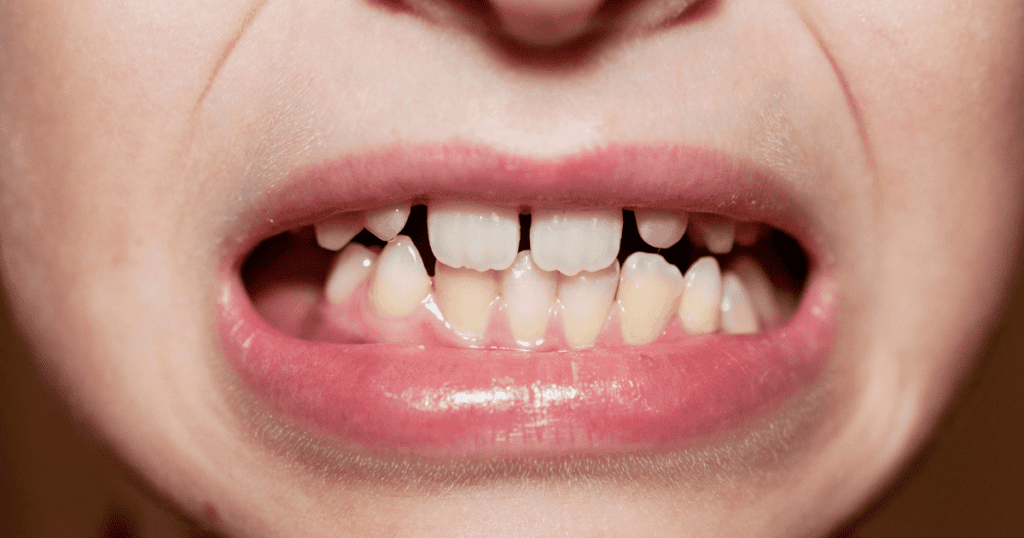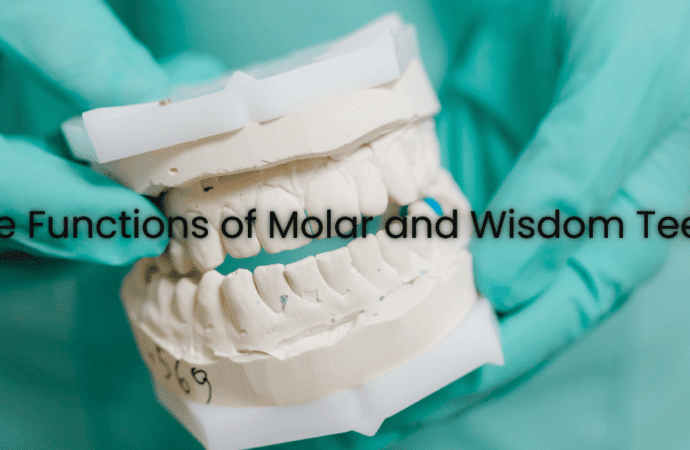When it comes to dental health, understanding the role of different teeth is crucial. The molars and wisdom teeth are among the most important—and often misunderstood. These teeth play a vital role in chewing and maintaining oral structure, yet they can also cause problems if not correctly cared for. In this guide, we’ll explore the
When it comes to dental health, understanding the role of different teeth is crucial. The molars and wisdom teeth are among the most important—and often misunderstood. These teeth play a vital role in chewing and maintaining oral structure, yet they can also cause problems if not correctly cared for. In this guide, we’ll explore the functions of molars and wisdom teeth, their common associated issues, and how to keep them healthy.
What Are Molars?
Molars are the large, flat teeth at the back of your mouth. Adults typically have 12 molars (including wisdom teeth), with three on each side of the upper and lower jaws. These teeth are designed for grinding and crushing food, making them essential for proper digestion.
Types of Molars
- First Molars emerge around age 6-7 and are sometimes called the “six-year molars.”
- Second Molars – These appear between ages 11-13.
- Third Molars (Wisdom Teeth) – These usually develop between ages 17-25, though some people never get them.
Functions of Molar Teeth
Molars are the workhorses of your mouth, responsible for:
- Chewing and Grinding Food – Their broad, flat surfaces break down tough foods like meat, nuts, and fibrous vegetables.
- Maintaining Jaw Structure – They help support facial muscles and strengthen the jawbone.
- Aiding in Digestion – Properly chewed food is easier to digest, reducing strain on the stomach.
Without healthy molars, eating becomes difficult, leading to potential digestive issues and malnutrition.

Wisdom Teeth: The Late Bloomers
Wisdom teeth, or third molars, are the last to emerge. While they once helped our ancestors chew coarse, raw foods, modern diets, and smaller jaws have made them less necessary.
Common Wisdom Teeth Problems
Since many people’s jaws are too small to accommodate wisdom teeth, they often cause:
- Impaction – When the tooth doesn’t fully emerge, it can become trapped in the gum or jawbone.
- Crowding – Wisdom teeth may push other teeth out of alignment.
- Infection – Partially erupted teeth can trap bacteria, leading to gum disease or cavities.
Do You Need Your Wisdom Teeth Removed?
Not everyone needs extraction, but dentists often recommend it if:
- They’re causing pain or swelling
- They’re damaging neighboring teeth
- They’re at risk of infection
Regular dental X-rays can help monitor wisdom teeth development and prevent complications.
How to Care for Your Molars and Wisdom Teeth
Maintaining these teeth is key to long-term oral health. Follow these tips:
1. Brush and Floss Properly
- Use a soft-bristled toothbrush and fluoride toothpaste.
- Clean all surfaces, especially the back teeth, where plaque builds up.
- Floss daily to remove food particles between molars.
2. Eat a Tooth-Friendly Diet
- Avoid excessive sugar and acidic foods that erode enamel.
- Eat calcium-rich foods (dairy, leafy greens) to strengthen teeth.
- Chew crunchy fruits and vegetables (apples, carrots) to naturally clean teeth.
3. Visit Your Dentist Regularly
- Get professional cleanings every six months.
- Address tooth pain or swelling immediately to prevent complications.
4. Consider Sealants
Dental sealants can protect molars from decay, especially in children.

Final Thoughts
Molars and wisdom teeth play a crucial role in oral function but require proper care to avoid problems. By understanding their functions and maintaining good dental hygiene, you can keep these essential teeth healthy for years.
If you’re experiencing pain or suspect wisdom teeth issues, consult your dentist for personalized advice. A proactive approach to dental care ensures a strong, pain-free smile!




















Leave a Comment
Your email address will not be published. Required fields are marked with *